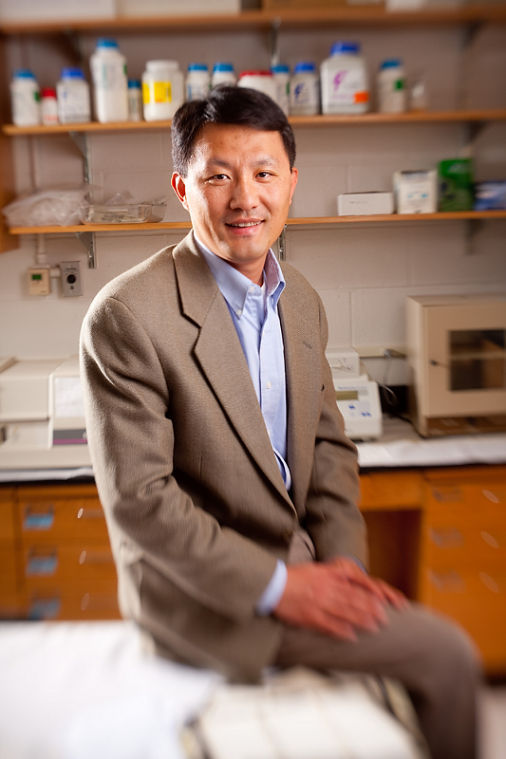The exercise and health sciences department (EHS) is interviewing applicants for two openings, one for an associate professor or professor and one for a full-time lecturer. The process of searching for candidates that started in Fall 2012 will be complete by the Spring 2013 semester and has involved 60 applicants. There are now three finalists for each position.
In addition to having their applications reviewed by members of UMass Boston faculty, finalists for jobs in EHS each meet with students, and teach a lecture or give a research presentation to a group of student volunteers. This system is not unique to UMass Boston, and Dr. Tongjian You, an assistant professor in the department, said that “many universities do it the same way.”
It is true that many universities have job candidates lecture to students, but these students are often master’s degree and PhD candidates, not undergraduates. During the Spring 2013 semester, UMass Boston bachelor’s degree students have listened to lectures from potential new teachers not just in EHS, but in the anthropology, political science, and history departments. The university as a whole has a high level of undergraduate involvement in the hiring process.
Sophomore Ryan Kohl, an EHS major, supported the idea of having student input. He went on to say, “I’ve taken a lot of classes in a lot of different schools, and sometimes you have good professors, and sometimes you have bad professors, so feedback is vital.”
Another person who agrees with Kohl is Dr. Ronald Iannotti, who currently works at the National Institute of Health (NIH). Iannotti, one of the three finalists for the associate professor/professor opening, has experience working with both undergraduates and graduates, as well as medical students. Iannotti has also researched adolescent health and behaviors across the globe. He has written surveys that help various groups with research.
Iannotti remarked, “I think it is important to get feedback from students regarding the hiring of faculty and administrators who have a significant influence on their education and their future.”
Kohl acknowledged that those reviewing applicants could experience a conflict of interest. Students could try to help choose a professor who they think will be easy. “There’s always a potential conflict of interest every time you look for people’s opinions,” he commented. At the same time, he added, “as long as they are selective in who they ask [to review finalists]… then that’s a good thing.”
Dr. You stressed that while the feedback from students is important, “they are not who makes the ultimate decisions for any hiring.”

